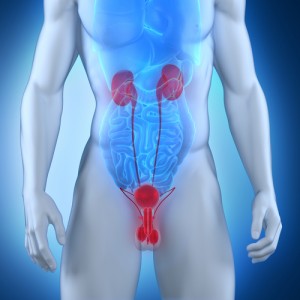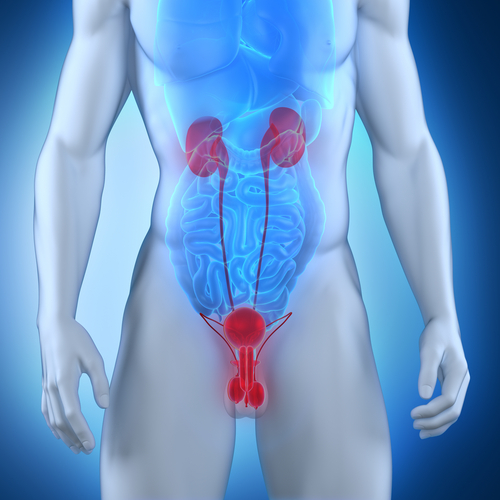 A new study developed by researchers at Fox Chase Cancer Center and presented at the American Society for Radiation Oncology’s 56th Annual Meeting, revealed that men suffering from prostate cancer could soon be able to predict their urinary and sexual functioning.
A new study developed by researchers at Fox Chase Cancer Center and presented at the American Society for Radiation Oncology’s 56th Annual Meeting, revealed that men suffering from prostate cancer could soon be able to predict their urinary and sexual functioning.
There are several treatment options for men diagnosed with prostate cancer, from surgery to multiple types of radiation therapy, such as intensity modulated radiation therapy (IMRT), where the patients receives external beam radiation directly into the affected area, or low dose rate brachytherapy (LDR), where radioactive implants are temporarily placed in the patient’s prostate. Like many treatments, each particular procedure is associated with different risks, especially those related to urinary and sexual function.
In order to assess the real risks underlying each treatment, Matthew Johnson, MD, Resident Physician in the Department of Radiation Oncology at Fox Chase and his colleagues, gathered data from over 17,000 surveys filled by men diagnosed with prostate cancer, tracking patient’s urinary and sexual symptoms after each treatment. “The ultimate goal is to develop a predictive tool that lets patients decide which treatment is right for them based on the symptoms they have beforehand, and their tolerance for any change — even temporary — in those symptoms” Dr. Johnson said in an Institute’s press release.
Questions included in the questionnaires covered different aspects, such as problems with urination feeling (frequent use of the bathroom without fully emptying their bladders). Moreover, from the 3,515 men who completed the survey, half were followed for at least 28 months.
The results showed that even though LDR was associated with a temporary increase in problems, this decreased over time and returned to baseline levels by 34 months, with men no more likely to report problems than those who received IMRT. Importantly, no form of radiation caused any more erectile function problems than another, with the biggest increase in early sexual problems happening following surgery. Furthermore, if men presented a good sexual functioning after surgery and proceeded to receive radiation therapy, they tended to maintain their normal sexual function.
Future research will evaluate these data and organize it in a way that doctors can predict when and how much a patient’s function will fluctuate after different types of treatment, this way allowing them to choose which method they feel more comfortable with.

